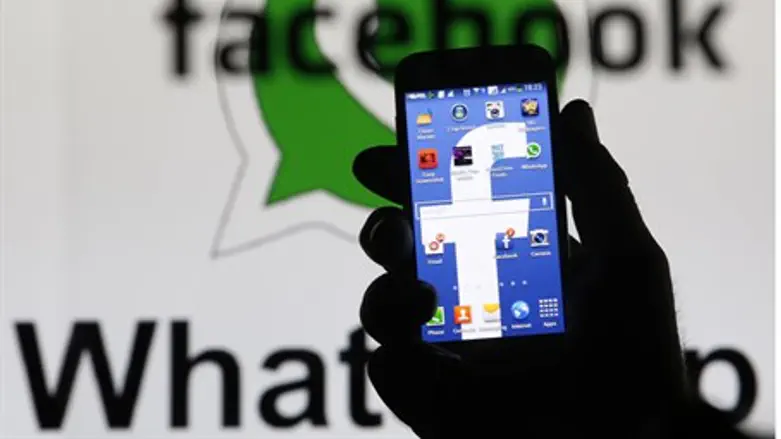
Iran's judiciary has given the government one month to block WhatsApp and other popular instant messaging services, Reuters reported on Sunday.
Chief prosecutor Gholam-Hossein Mohseni-Ejei accused the country’s Communications Minister Mahmoud Vaezi of failing to unplug social networking sites and apps "with immoral and criminal content."
"Despite a three month grace period to allow you and your colleagues enough time, no effective action has been taken to filter out immoral and un-Islamic offences" relayed through WhatsApp, Viber and Tango, said Mohseni-Ejei, an influential cleric and judge, according to Reuters.
His ultimatum, in a letter carried by Iranian media late on Saturday, came amid reports of a police investigation into "widespread dissemination of offensive material" against the leader of the 1979 Islamic revolution, Ayatollah Ruhollah Khomeini.
No details have been released, but the news has set off fresh right-wing attacks on President Hassan Rouhani who has called the Internet "an opportunity, not a threat."
Like satellite television and music videos in earlier decades, cyberspace has been considered a threat to public morality and potentially subversive to the Shiite clerical rule in Iran.
Scores of online activists, users and bloggers have been jailed and reportedly mistreated since the crackdown on popular protest over former president Mahmoud Ahmadinejad's disputed re-election in 2009.
Iran is notorious for its internet censorship. Since the June 2009 post-election uprisings, protesters facing violent retaliation by government forces turned to the internet and social networking sites such as Facebook, Twitter and YouTube, as well as blogging sites, as effective and safer ways to voice political dissent.
The country’s current president, Hassan Rouhani, has indicated, however, that he intends to revise Iran’s censorship policy.
In a speech he delivered a month before being sworn in, Rouhani said that a strong government does not “limit the lives of the people.”
Two weeks after his victory in the elections, Rouhani told a popular Iranian youth magazine that he believed social networking sites such as Facebook were a welcome phenomenon.
At the same time, even under Rouhani, Iran has continued to detain activists accused of providing material to “anti-government websites”.
Iran in May blocked WhatsApp but not because of censorship. Rather, the reason given for the move was the application’s “Zionist connection”, a likely reference to the fact that Facebook, headed by Mark Zuckerberg, bought the company for $19 billion.